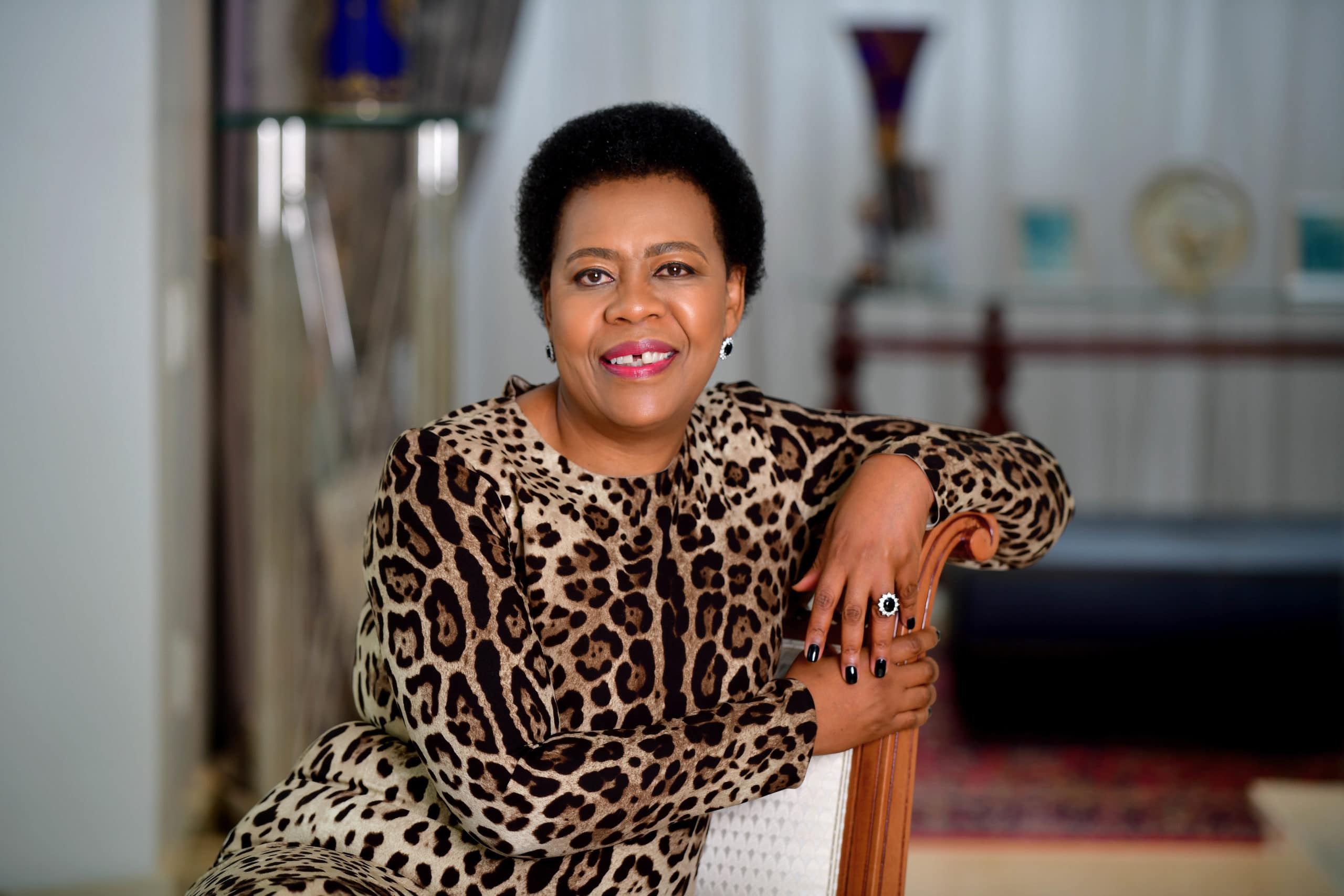27 years of South African democracy and 27 years of Wiphold, which broke barriers and brought black South African women into the mainstream. FORBES AFRICA spoke to its co-founder and corporate leader Louisa Mojela, also about her new doctorate degree and what’s limiting female entrepreneurs.
Just as South Africa is set to observe Freedom Day on April 27, we look at Wiphold or the Women Investment Portfolio Holdings, one of the country’s best-known first generation empowerment companies owned and led by women.
Founded just weeks before a free South Africa was emerging from the dark shadows of the apartheid in 1994, it gave financial power to grassroots black South African women, driving broad-based economic empowerment, and among other milestones, it also became the first women-only empowerment company to list on the Johannesburg Stock Exchange in 1999.
One of South Africa’s most accomplished leaders in business, Louisa Mojela, the Group CEO and co-founder of Wiphold, was recently awarded a doctorate degree by the faculty of economic and management sciences at Stellenbosch University in Cape Town for her leadership in establishing platforms to empower women in Africa.
In this interview with FORBES AFRICA, she shares some “transformative and impactful” anecdotes on the beginnings of Wiphold, which she started as part of the ‘Wip Four’ including Gloria Serobe, Wendy Luhabe and Nomhle Canca – and how it has stayed the course.
One of the main focus areas for the company currently is agriculture.
“We have incorporated that sector into our strategy and encourage our women shareholders that we support them in attaining the dream of food security,” says Mojela, who also graced the cover of FORBES WOMAN AFRICA in 2014.
Mojela also founded Bophelo BioScience & Wellness in 2018 in Lesotho (focusing on medicinal cannabis), and is now creating new social and transformational development opportunities in the growing cannabis sector.
In this interview, she also speaks about the future of women’s entrepreneurship on the African continent. “To the women, I say, turn obstacles into opportunities. Success is never easy, it’s a long road.”
